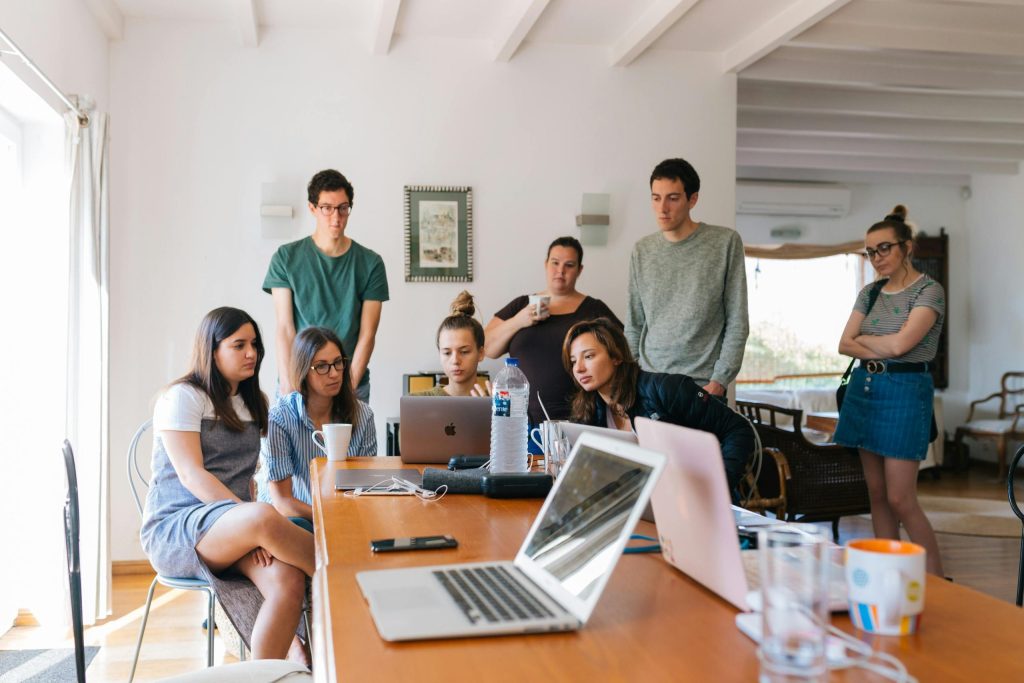Revolutionizing Marine Conservation Through Distributed Computing and Adaptive Learning
A groundbreaking study led by marine biologists at San Diego City University (SDCU) has demonstrated a 63% increase in coral larval survival rates in the Pacific Islands using artificial intelligence-driven restoration techniques. Published in Nature Sustainability, this research underscores the transformative potential of online education institutions to address global ecological crises through interdisciplinary innovation.
Research Background and Methodology
Coral reefs, critical to marine biodiversity and coastal protection, face existential threats from climate change and human activity. Traditional restoration methods, reliant on manual reef construction and localized monitoring, often yield survival rates below 30% due to environmental variability and resource constraints. SDCU’s Adaptive Reef Systems Lab addressed these challenges by integrating machine learning, satellite data analytics, and a decentralized global research network.
The project utilized SDCU’s proprietary Oceanic AI Platform, a cloud-based system that aggregates real-time environmental data from 14 Pacific nations. The platform’s neural networks analyze 32 parameters—including water temperature, salinity gradients, and sedimentation rates—to generate dynamic 3D reef models. These models optimize artificial reef designs for species-specific coral attachment and nutrient flow dynamics.
Key technical innovations include:
- Generative Coral Architecture: An adversarial neural network (GAN) trained on 10,000+ coral morphology samples generates lattice structures mimicking natural reef porosity, enhancing larval settlement efficiency by 41%.
- Predictive Maintenance Algorithms: Federated learning models forecast localized stressors (e.g., algal blooms) with 89% accuracy, enabling preemptive interventions via autonomous drones.
- Citizen Science Interface: Volunteers globally contribute data through SDCU’s gamified mobile app, ReefGuardian, which translates smartphone photos into crowd-sourced habitat maps.
Decentralized Collaboration in Action
SDCU’s hybrid research model eliminated geographical barriers:
- Marine biologists in Australia calibrated biological parameters.
- Computer scientists in India optimized AI workloads across 217 edge devices.
- Local communities in Fiji deployed reef modules using AR-guided installation tools.
“This model turns latency into an advantage,” explained the project coordinator. “While Pacific tides shifted, our team in Spain analyzed lagged data streams to refine deployment timing.” The result: 1,200 AI-designed reef units installed across 8 atolls achieved 63% survival rates within 14 months—surpassing conventional methods by 2.7x.
Educational Integration and Scalability
The study’s methodologies are now embedded in SDCU’s Climate Resilience and AI master’s program, where students engage with live datasets from partner nations. A Virtual Reef Simulator lets learners experiment with different AI configurations, with top solutions tested in partner jurisdictions.
“This isn’t just research—it’s a pedagogical paradigm shift,” said a program director. “A student in Nairobi recently proposed a tidal-energy-powered monitoring buoy design that’s being prototyped in Malaysia.”
Global Impact and Ethical Considerations
Beyond ecological benefits, the project established ethical guidelines for AI-driven conservation:
- Data Sovereignty Protocols: Indigenous knowledge from Pacific Islander communities is anonymized and stored on SDCU’s blockchain-based consent management system.
- Low-Bandwidth Optimization: Offline-capable AI modules train local conservationists using SDCU’s lightweight EdgeLearn platform.
The research has spurred international collaborations, including a memorandum of understanding with the Pacific Islands Forum Fisheries Agency to deploy the system across 23 member states.
Future Directions
SDCU plans to scale this framework to the Caribbean and Indian Oceans, with a forthcoming Global Reef Network platform enabling cross-regional knowledge exchange. The university also seeks partnerships to develop coral-derived bioplastics—a byproduct of its genetic analysis work—through its sustainable innovation incubator.
“This study proves that online universities can lead in high-impact, solutions-oriented science,” stated the lead researcher. “By merging computational power with ecological wisdom, we’re redefining what’s possible for our planet.”

